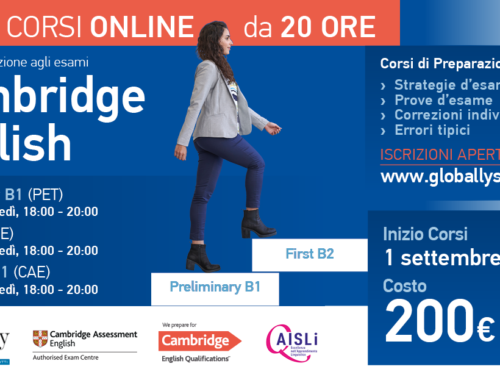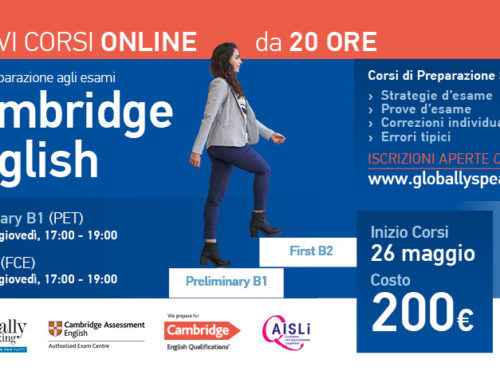What is the CELTA COURSE really like? A former trainee’s perspective.
So, you’re thinking about teaching English as a Foreign Language and looking to train on a CELTA course (Certificate in English Language Teaching to Adults)? As a CELTA trainee, you will undoubtedly eat, sleep and breathe CELTA for the duration of your course. It is a very intensive course, that packs in 120 contact hours of learning, teaching, observation and input from experienced teachers. Be prepared for a steep learning curve and a few intense weeks!
I took my CELTA qualification in Summer 2019 at Globally Speaking. The course ran from 10am-6pm, Monday to Thursday for 5 weeks. But what was the CELTA course actually like? I’ve broken it down into the main components as follows.
TEACHING PRACTICE
As a CELTA trainee, you have to clock up 6 hours of teaching practice (TP) of at least two different levels of students. At the start of the course, the 8 trainees were split into two different TP groups, of which two trainees from each group would teach a 45 minute lesson each day. During the first two weeks of my course, I taught 4 x 45 minute lessons to an elementary class of students and then in the final two weeks, I taught 4 x 45 minute lessons to an upper intermediate group. TP is an important part of the CELTA course because it gives you hands-on teaching experience with different levels of students and helps to build your confidence as a teacher.
FEEDBACK SESSIONS
After TP, there was a feedback session in your TP groups which allowed your fellow trainees and tutors to give feedback on how the lesson went. While initially daunting, feedback is an important part of the course as it helps you to pin-point areas in which you can improve and hone your teaching skills. Feedback sessions could also include micro-teaching where you could re-teach a specific part of the lesson to your fellow trainees in order to improve upon the specific technique.
INPUT SESSIONS
Input sessions are run by the experienced tutors and cover a wide range of EFL topics, such as lesson planning, classroom management, lesson frameworks, error correction and phonology. The input sessions during my CELTA course took place in the afternoon and we usually had one or two input sessions per day. All the input sessions had handouts or online slides available that we could refer back to while lesson planning and the sessions incorporated activities, practice and teaching techniques which we could then replicate in our own TPs. The input sessions were not just useful in terms of theory; they were the only time in the day where all the trainees come together, so it was a really good bonding time. If you are lucky like I was, you will form a really strong bond with your fellow trainees.
ASSIGNMENTS
Throughout the course you have 4 written assignments to complete. This means we had roughly one assignment per week to complete. The assignments were not too long (around 1000 words each) focus on:
- analysing and responding to learner needs
- analysing language for teaching purposes
- teaching language skills
- reflecting on classroom teaching
While the course is intensive, you will find time to complete the assignments. It may seem like an impossible task to complete the assessments on top of the TP lesson plans, observations, eating and sleeping. However, I found that if I started them in plenty of time, I could easily balance my workload and manage to not get too stressed over the assignments. The weekends proved incredibly useful for working on the assignments!
FELLOW TRAINEES AND TUTORS
The highlight of the CELTA course for me was the amazing trainees and tutors I met. Over the course of the five weeks, I spent more time with my fellow trainees and tutors than I did at home, so you build up a great sense of comradery and friendship with your trainee group. Not all of the trainees were native English speakers – one was from France, there were a couple of Italians. However, we all bonded over the course as we all were experiencing the same pressures. The tutors were also so supportive throughout the course and created a really positive learning environment. You end up spending a lot of time with your course mates and tutors, so it is really important to have a positive relationship with them.








Good day! I coud have sworn I’ve been to this site before but after checking through some of the post I realized it’s new to me. Anyhow, I’m definitely glad I found it and I’ll be book-marking and checking back often!